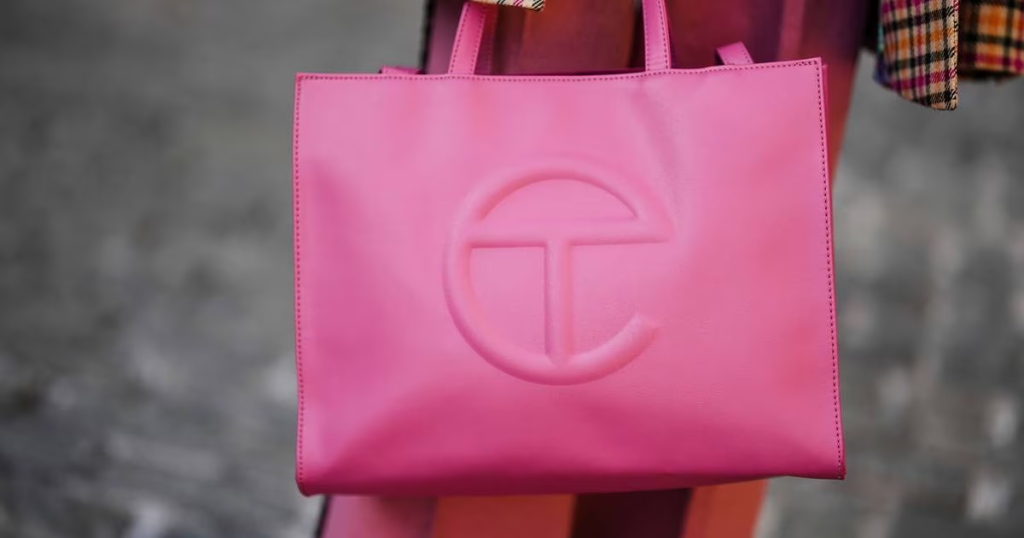
In a groundbreaking decision, Telfar, the renowned fashion brand, has recently announced the discontinuation of its Bag Security Program. This move has sent shockwaves through the fashion industry and has left many fashion enthusiasts and critics wondering about the implications of this decision. The Bag Security Program, which was introduced by Telfar to combat the issue of reselling and counterfeiting of its iconic bags, has been hailed as a revolutionary step towards ensuring authenticity and accessibility. However, the brand’s decision to end the program has sparked debates and discussions across various platforms.
The Background
Telfar, founded by designer Telfar Clemens, gained widespread recognition and acclaim for its innovative designs and commitment to inclusivity. The brand’s signature bags, known as the “Bushwick Birkin,” have become highly sought-after fashion items, with their sleek design and unisex appeal. However, the bags’ popularity also led to an unfortunate consequence – the rise of counterfeit products in the market. In response to this issue, Telfar introduced the Bag Security Program in 2019 to provide customers with a fair chance of purchasing genuine bags.
The Bag Security Program
The Bag Security Program was a unique and forward-thinking initiative by Telfar to combat the challenges posed by counterfeit products and resellers. Under this program, customers could pre-order Telfar bags during a limited-time window, ensuring that genuine buyers had the opportunity to own their desired bag. By implementing this system, Telfar aimed to prevent scalping and the sale of fake bags at exorbitant prices, ultimately making their products more accessible to a wider audience.
The Controversy
While the Bag Security Program initially received widespread praise, its discontinuation has stirred up controversy within the fashion community. Some argue that the program was a key factor in maintaining the exclusivity and desirability of Telfar bags. They believe that by ending the program, the brand may dilute its appeal and lose its unique positioning in the market.
On the other hand, critics of the program claim that it created an artificial scarcity, driving up the prices of Telfar bags in the secondary market. They argue that the program inadvertently encouraged resellers to exploit the limited supply, resulting in inflated prices and reduced accessibility for genuine customers. According to this viewpoint, discontinuing the Bag Security Program could lead to a more open and fair market for Telfar bags.
Telfar’s Perspective
Telfar has addressed the controversy surrounding the end of the Bag Security Program, shedding light on their rationale behind the decision. In an official statement, the brand emphasized their commitment to accessibility and inclusivity, stating that they aim to make Telfar bags available to as many people as possible. By discontinuing the program, Telfar intends to explore alternative strategies that align with their core values while maintaining the brand’s integrity.
The brand has expressed a desire to collaborate with retailers worldwide to ensure a fair distribution of their products. This move is seen as a step towards democratizing the availability of Telfar bags and reducing the influence of resellers in the market. Telfar believes that this new approach will allow them to reach a larger audience and strengthen their position as a trailblazer in the fashion industry.

The Future of Telfar Bags
As Telfar bids farewell to its Bag Security Program, the future of its iconic bags remains uncertain. The brand’s decision has undoubtedly left a significant impact on the fashion landscape, sparking discussions about the best practices for combatting





